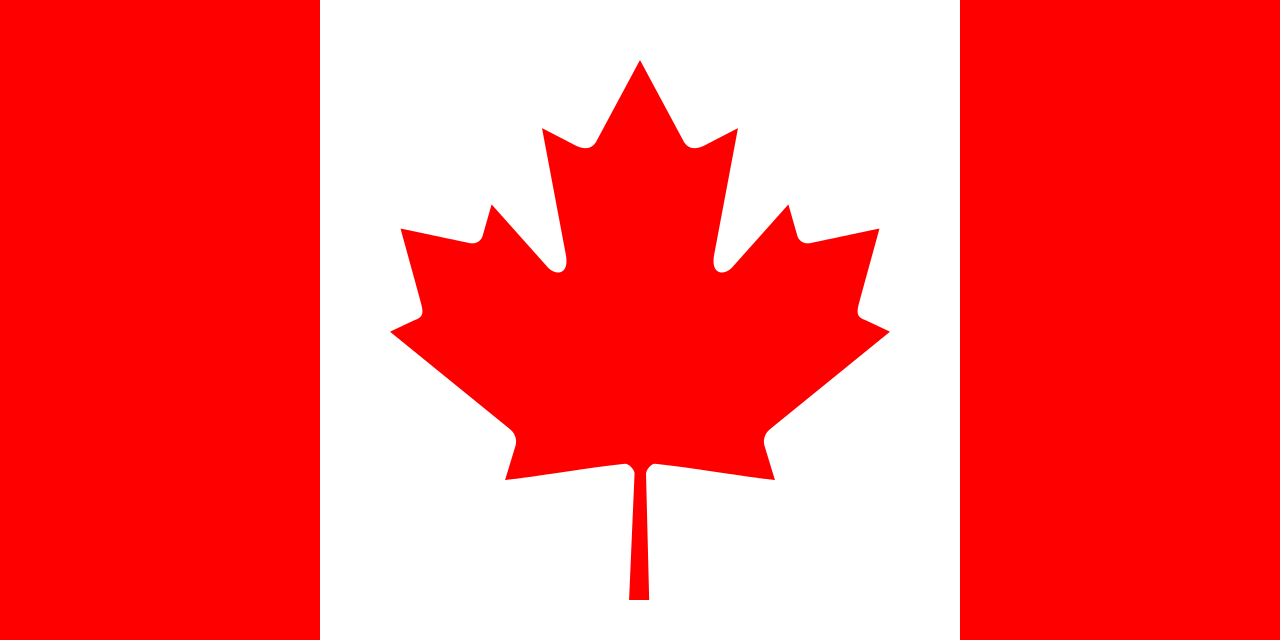New Regulations for Canada’s International Student Program: Key Updates and Insights
In a significant move to enhance the integrity and sustainability of Canada’s International Student Program (ISP), Immigration, Refugees, and Citizenship Canada (IRCC) has introduced new regulations that impact both students and educational institutions. These changes aim to protect international students from exploitation, ensure compliance with study permit conditions, and strengthen the quality of Canada’s temporary resident programs. Below, we provide an overview of these updates, including the increased work hour limit for students, the new requirements for changing institutions, and the role of Designated Learning Institutions (DLIs) in safeguarding the system.
Key Changes to the International Student Program
Increased Work Hours for International Students
A key change that will affect many international students is the increase in the number of hours they can work off-campus during the academic term. As of November 2024, eligible students are now allowed to work up to 24 hours per week while their classes are in session. This change aligns with the government’s goal to provide students with more opportunities to gain work experience and support themselves financially while continuing their studies.
During academic breaks, such as the summer or winter break, students are permitted to work full-time without restrictions on the number of hours worked.
New Study Permit Requirement for Changing Institutions
Another significant regulation is the requirement for international students to apply for and receive approval for a new study permit before changing educational institutions. This move is designed to bolster the integrity of the ISP and ensure that students are complying with their permit conditions. The change is part of broader efforts to strengthen the system and prevent misuse of the program.
It is essential for students to ensure that their study permit reflects their current institution and program of study. Failing to do so could result in enforcement actions and complications with future applications.
Role of Designated Learning Institutions (DLIs)
Designated Learning Institutions (DLIs), the recognized institutions where international students are enrolled, play a pivotal role in maintaining the integrity of the ISP. Since 2015, IRCC has been working closely with DLIs to improve compliance reporting. Under the new regulations, DLIs are now required to:
- Submit compliance reports twice a year, confirming that students with study permits remain enrolled and complying with the terms of their permits. Failure to do so could result in severe penalties, including the suspension of the institution’s ability to accept new international students for up to one year.
- Verify Letters of Acceptance (LOAs): As of December 2023, IRCC has implemented a new LOA verification process. This process helps prevent fraud by ensuring that the LOAs submitted by students match the records held by the institution.
Changes for Quebec-Based Designated Learning Institutions
The new regulations also address the situation for DLIs in Quebec, which have not yet participated in the student compliance reporting system. IRCC is working on a new framework for Quebec institutions, and a grace period has been provided before these institutions are required to comply with the reporting requirements. This will give Quebec DLIs time to align with the new standards.
The Impact on International Students and Educational Institutions
These changes represent a clear shift toward ensuring that the International Student Program remains both effective and sustainable. For international students, the key benefits include:
- More work opportunities: The increase in the work hour limit will allow students to better balance their academic commitments with gaining valuable work experience.
- Stronger protection: With increased compliance reporting and LOA verification, students will be less likely to fall victim to fraud or exploitation, ensuring a more secure and legitimate academic experience in Canada.
- Clearer rules for transferring institutions: By requiring approval for changes in institutions, the new regulations provide students with a more structured process when making academic transitions.
For Designated Learning Institutions, the updated regulations ensure that institutions are held accountable for their role in maintaining the integrity of the ISP. Institutions that fail to comply with the reporting requirements or LOA verification process could face significant consequences, including the suspension of their ability to accept new international students for up to a year.
Conclusion: Navigating the New Regulations
As Canada continues to attract students from around the world, these updated regulations are designed to ensure that the International Student Program remains both robust and sustainable. For international students, it is essential to stay informed about these changes, particularly regarding work hour limits, the process for changing institutions, and compliance with study permit conditions. By doing so, students can ensure a smooth and successful experience during their studies in Canada.
Educational consultants and immigration professionals can assist students in navigating these new regulations, ensuring that their study permits remain valid and that they stay compliant with the terms of their studies. If you are an international student planning to study in Canada or an institution looking to better understand these updates, consider reaching out for expert guidance.

